Episodes

Episode 1: Science, Religion, and Philosophy?
Are science and theology destined to be mortal enemies? Brandon and Alice show how science and theology are more like siblings in the big family tree of… philosophy. From pea plants to Sacred Scripture, this episode will feed your brain and your soul.
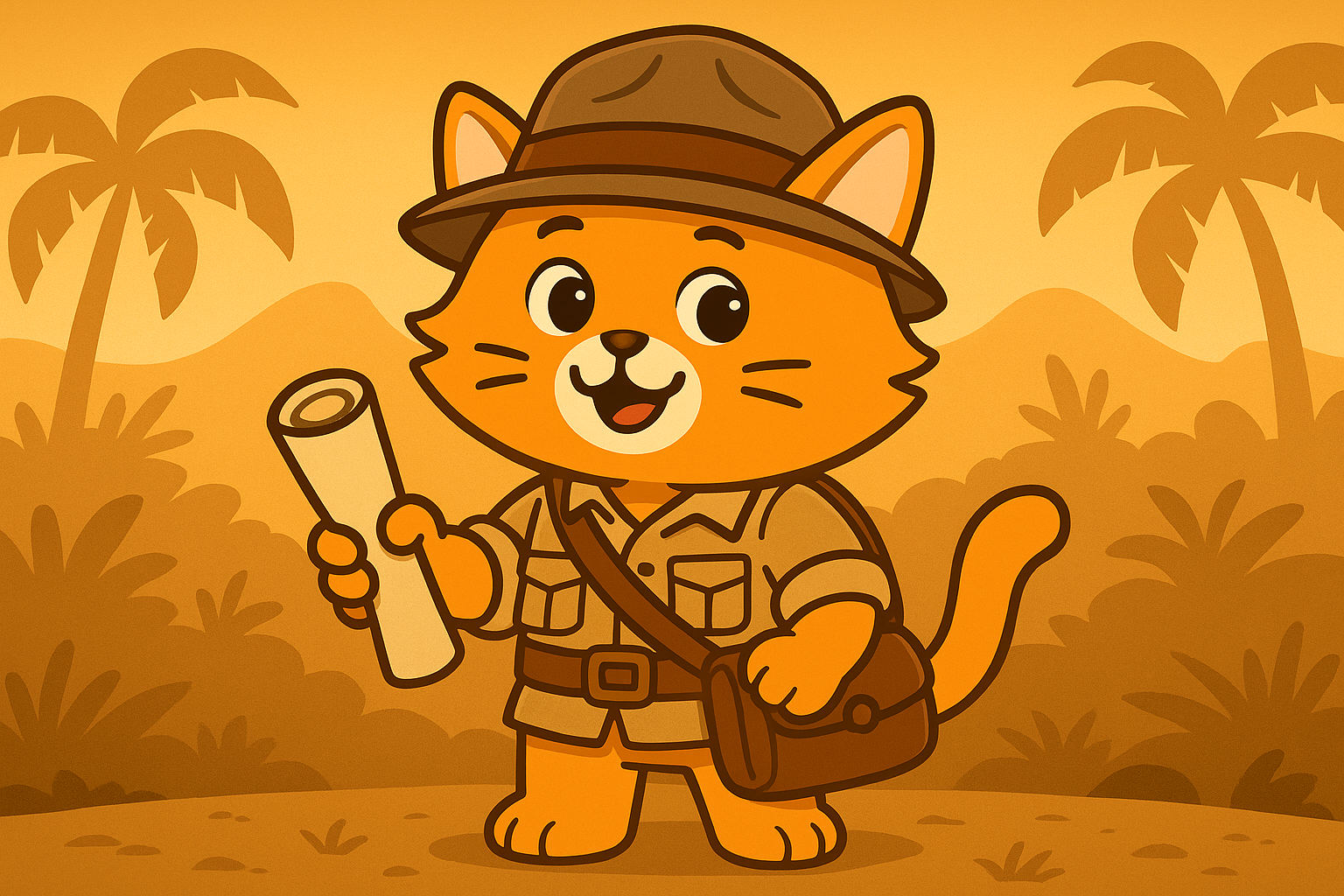
Episode 2: Exploring the Theological Landscape
Why do different religions believe different things? Brandon and Alice trace it all back to the big family tree of philosophy — this time exploring how Judaism, Christianity and Islam trust different sources of Divine Revelation. They even dig into why Christians don’t always believe the exact same things. Another brain snack coming right up!
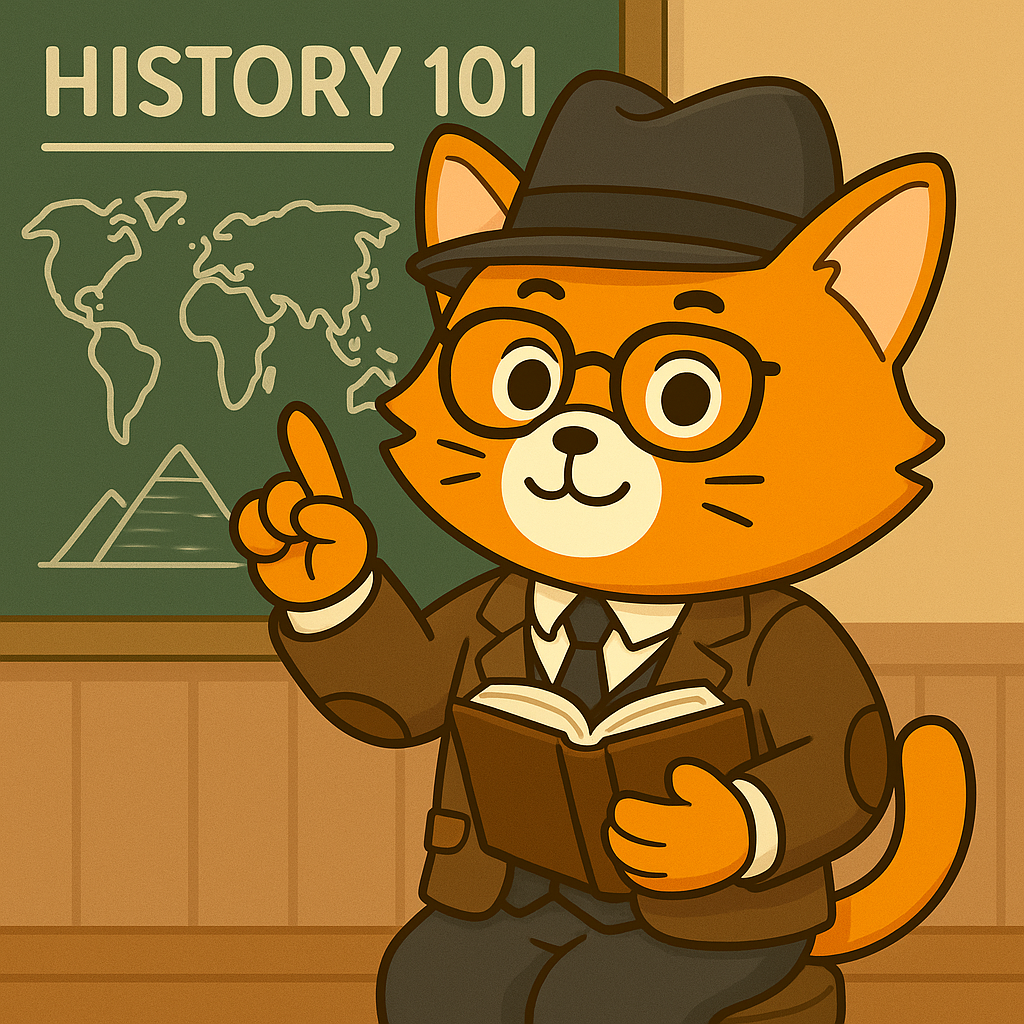
Episode 3: What is the Bible? Religious Studies
What is the Bible? Where did it come from? Did Jesus write it? Brandon and Alice ditch the preacher hats and grab the historian glasses to take a cold religious studies look at the history of the Bible. And they talk about Greek food. You’re not going to want to miss this one!
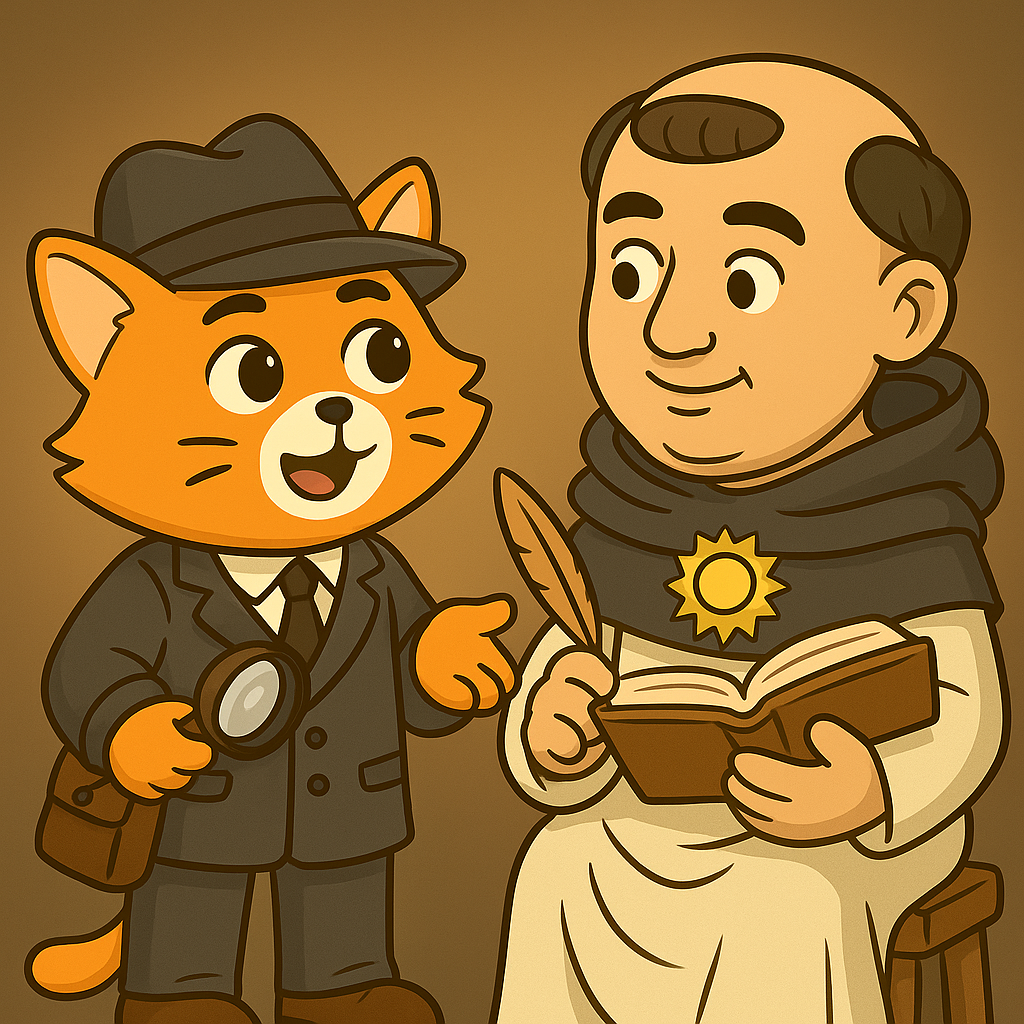
Episode 4: What is the Bible? Theology
Is the Bible just a bunch of old and dusty books, or something more? Brandon and Alice switch gears from history to theology to unpack what the Bible really is if you’re a believer. How can it be God’s Word if humans wrote it? What does “Divine Inspiration” actually mean? And why would God help write books in the first place? Tune in for a quick, honest look at the Bible as Sacred Scripture.

Episode 5: Salvation History and the Existential Importance of Story
Ever feel that foggy “what’s the point” vibe creeping in? Brandon and Alice dig into the root of that uneasy feeling, known as an existential crisis, and why philosophers like Sartre called it having “existential nausea.” But they don’t stop at the angst. They unpack why humans need story to find meaning and explain how, according to Catholic theology, the biggest story ever told — Salvation History — is where the answers to life’s deepest questions are really found.

Episode 6: Salvation History Cliff Notes
Brandon and Alice break down how the Bible, according to Christian theology, tells the true story of the whole universe. This is the story of Salvation History, or God’s “Theo‑Drama.” They briefly overview the five big phases of that story: Creation, the Falls, the Formation of the People Israel, the life of Jesus Christ and the Church.
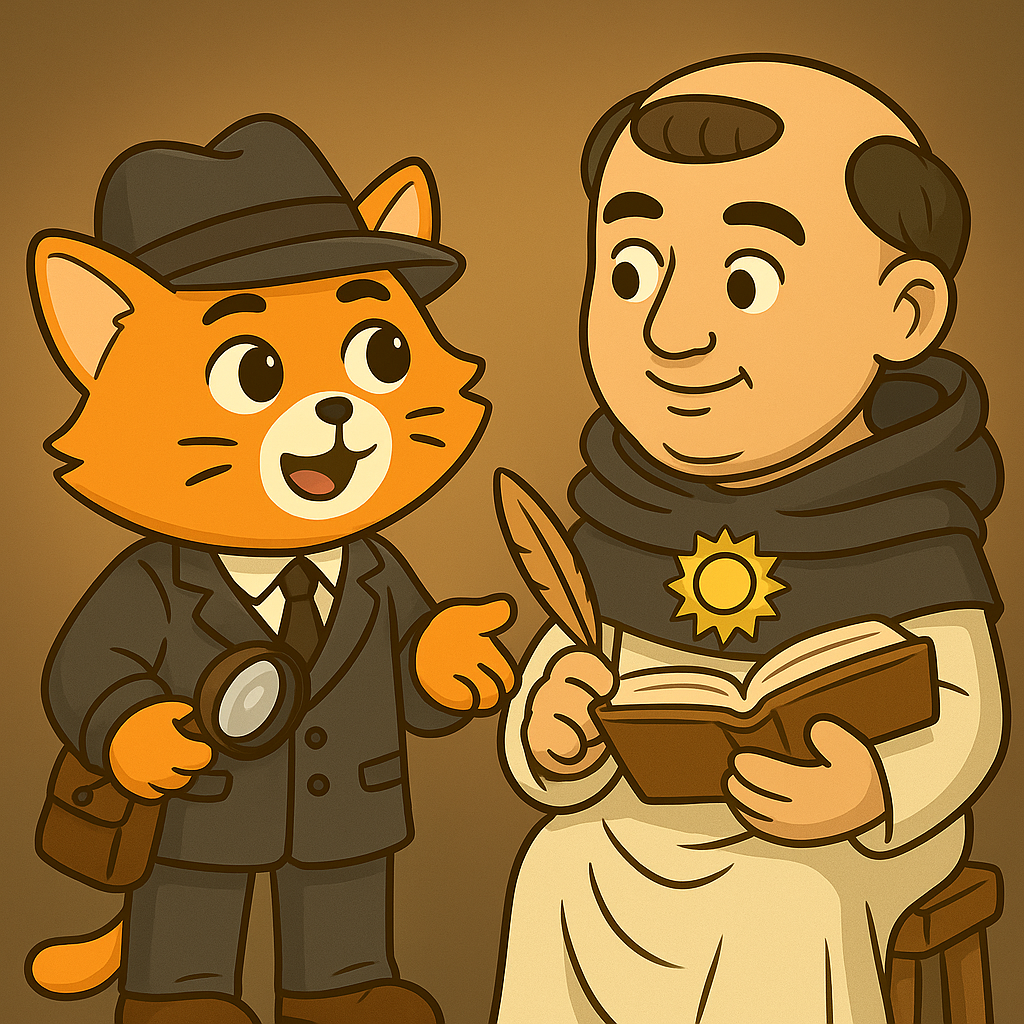
Episode 7: Why Interpret the Bible?
Is reading the Bible as easy as… well, just reading it? Brandon and Alice tackle the question of why it’s necessary to look past the surface layer and learn how to interpret the biblical books. They break down how Catholics see Scripture as both fully inspired by God and deeply shaped by its human authors, and why that means real understanding can take more than just reading the words on the page.
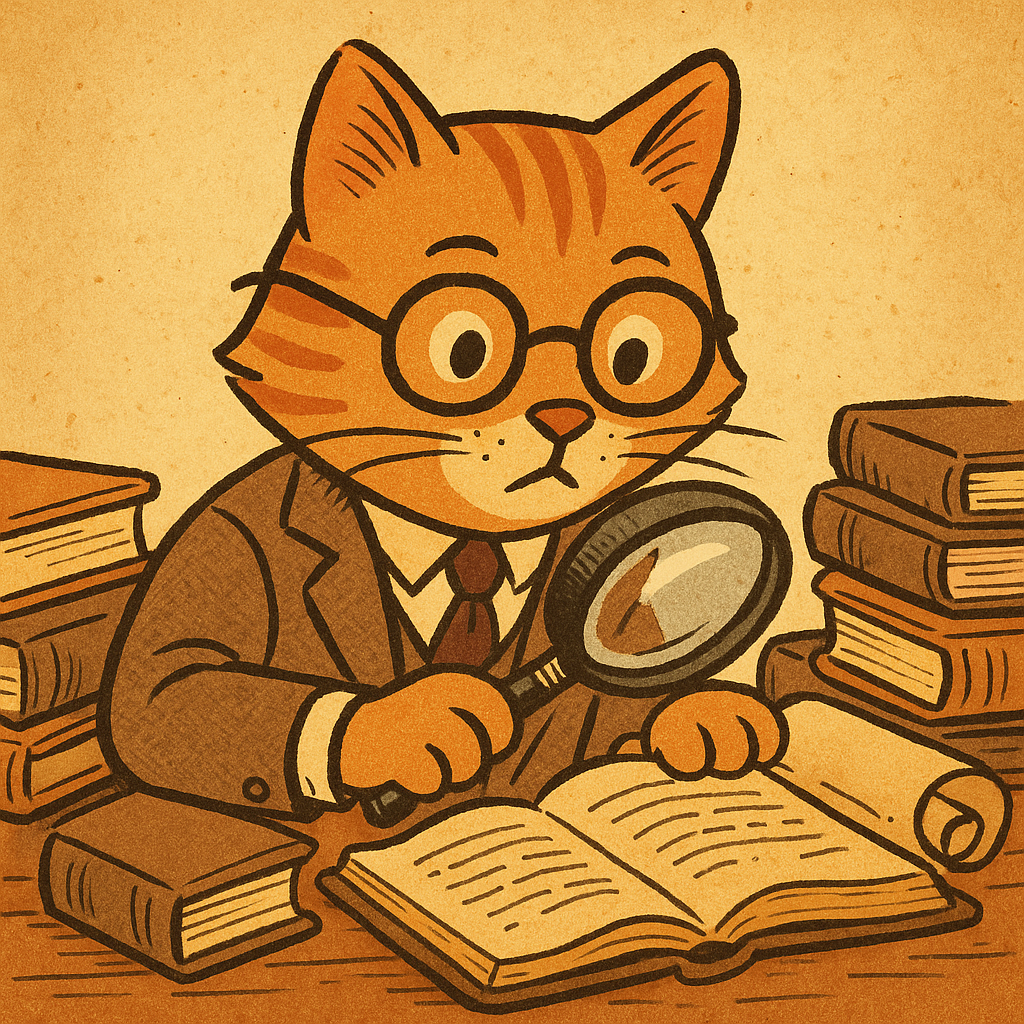
Episode 8: How to Interpret the Bible
How do you actually do biblical interpretation? Brandon and Alice pick up right where they left off — but this time, they bring in a special guest: the Biblical Catective! Together they break down the three layers of Sacred Scripture: the surface words, the human author’s intentions and the Holy Spirit’s deeper message behind it all. It’s a quick, fun crash course in thinking like a theology detective.

Episode 9: Literary Tools for Biblical Interpretation
Ready to level up your theology detective skills? Brandon, Alice and the Biblical Catective dive into the actual tools we use to uncover what the human authors of Scripture really meant. They break down what Historical Criticism is, why it matters, and how it helps us read the Bible beyond the surface layer — even without a time machine. Another literary tool is waiting in the wings for next time, but for now, grab your magnifying glass and enjoy!
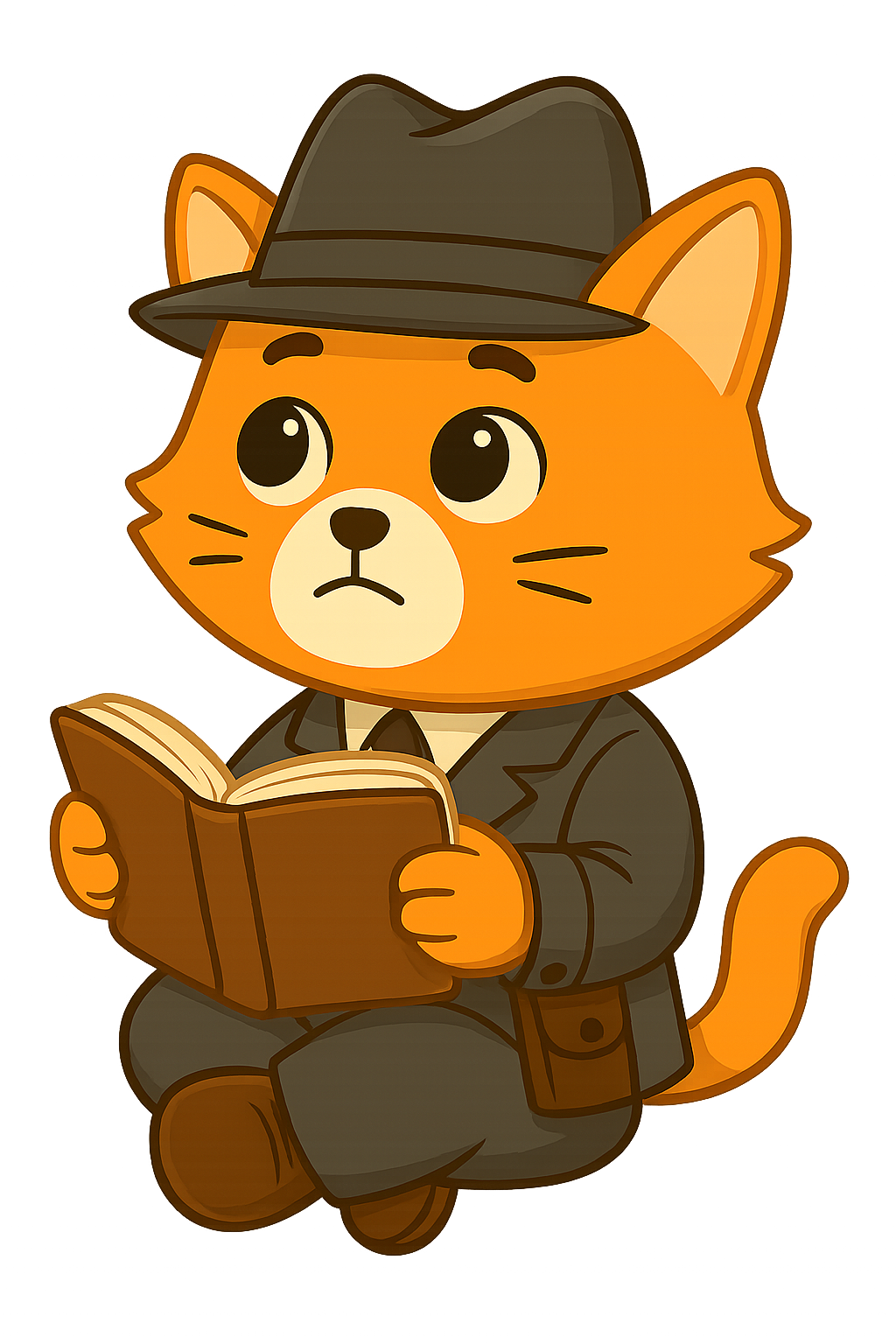
Episode 10: Genre Criticism
Brandon and Alice are back on the case, and so is their crafty theology detective friend, the Biblical Catective. Last time they cracked the case on Historical Criticism. Now they’re opening a new file: Genre Criticism. From cookbooks to horror scripts to psalms, the Catective shows how a little genre awareness can keep us from straying too far off the case!
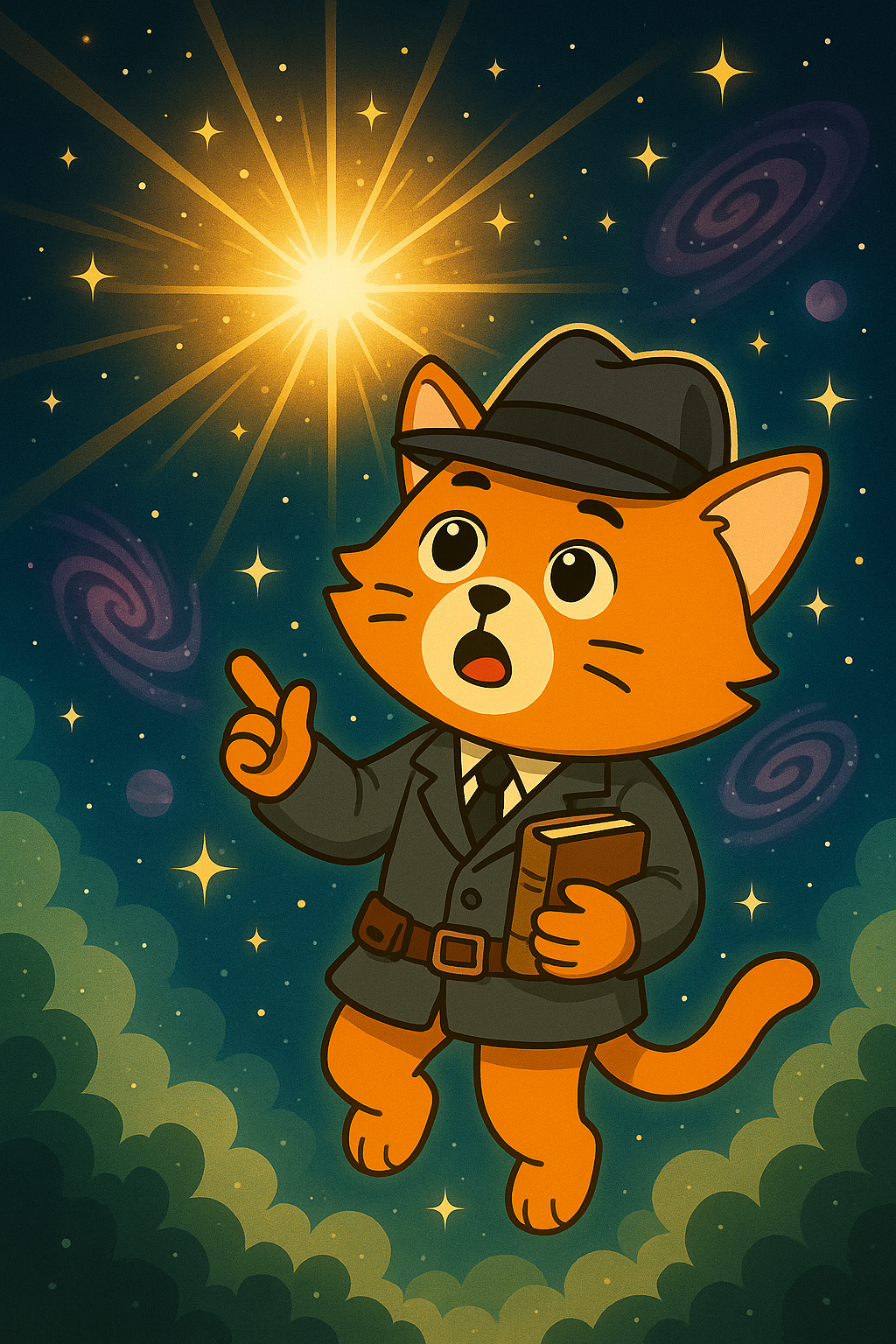
Episode 11: Theology of Creation
Why is there something rather than nothing? Brandon and Alice dive into the very beginning of Salvation History: Creation. With quotes from Genesis, the Creeds and some great theologians, they explore what Catholic theology says about why God created — and what it means to call God the “fount of all being.” Spoiler: it’s not about flexing. It’s about love. Real, self‑giving, explosion‑of‑grace love.

Episode 12: Creation and YOU
Brandon and Alice continue their journey through the theology of Creation — but this time, it gets personal. What does it mean that you were loved before you were born? Why does God want us to participate in creation instead of doing it all Himself? Drawing from the Catechism, Pope Francis and Father Mike Schmitz, they explore what it means to be made in God’s image, how freedom is both a gift and a responsibility, and why a human being fully alive is the glory of God.

Episode 13: Is God a Dude?
Does calling God “Father” mean God is male? Brandon wonders if Ariana Grande’s song God is a Woman is heresy, and Alice breaks down what Catholic theology actually says about it. With help from the Catechism and Aquinas, they explore what the title “God the Father” really means, and how Jesus’s own words shape the way we talk about God.

Episode 14: The Torah: More than Books
Brandon wants to finally start reading the Bible — but Alice and the Biblical Catective say there’s one more thing they have to do first. Before cracking open the Bible’s pages, they tackle a big question: what is the Torah (a.k.a. the Pentateuch)? Yes, it’s the first five books of the Bible… but it’s more than just five ancient scrolls. It’s a covenant, a love story and even — get this — like a marriage contract!

Episode 15: Introducing Genesis: Origin Stories
The word Genesis means “beginning” or “birth.” Brandon and Alice explore how the Book of Genesis is all about origin stories — from the creation of the world and humanity to the beginnings of the People of Israel. It’s the Bible’s grand prologue, setting the stage for everything that comes next.
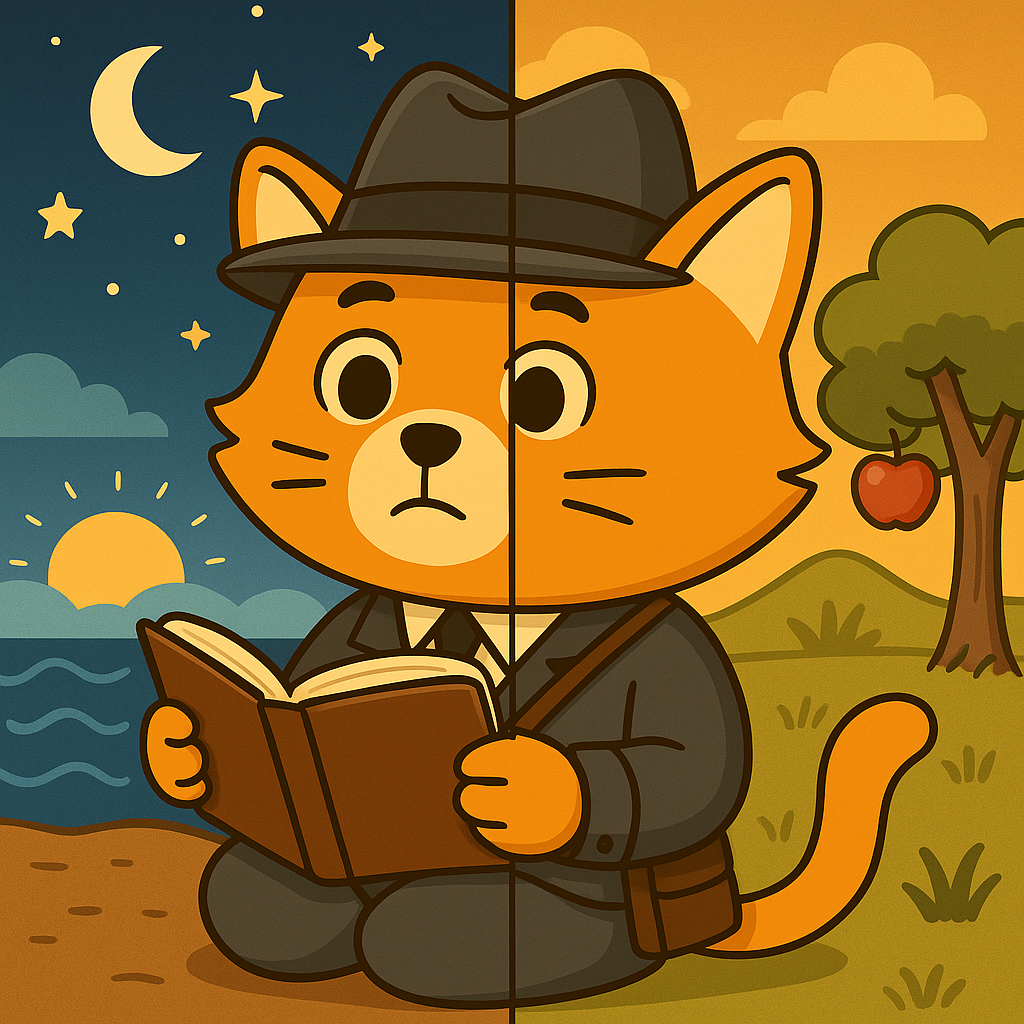
Episode 16: Two Creation Accounts in Genesis? Part 1
Brandon and Alice are joined by the Biblical Catective to dig into the first chapters of Genesis — and why the Bible seems to tell the creation story twice. What’s up with that? The Catective breaks it down theologically and explores how these two accounts complement each other.